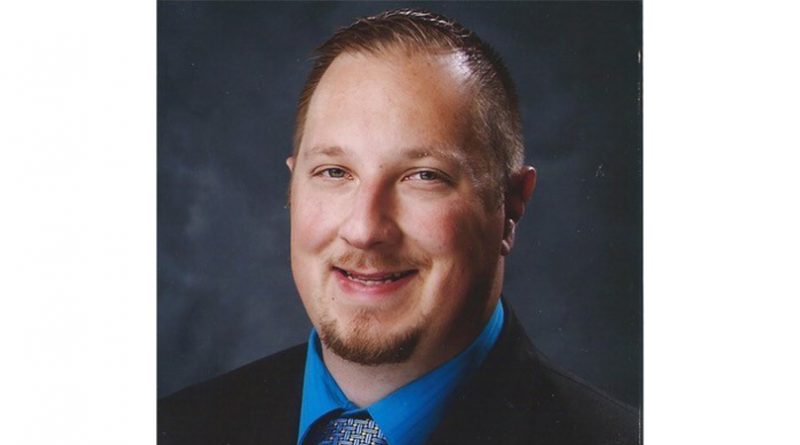Column: Use common sense, avoid tragedy this Fourth of July
From barbeques and cooling off by the pool, to scenic firework shows, the Fourth of July often means a fun-filled day for families across the United States.
But patriotic fun can quickly take a devastating turn if proper safety precautions are not deployed.
Although July 4 celebrations may look different this year due to the COVID-19 pandemic, local physicians want to remind individuals of firework safety precautions and what to do if an injury occurs.
According to the U.S. Consumer Product Safety Commission (CPSC), an average of 180 people go to the emergency room every day with fireworks-related injuries in the month around the July 4th holiday.
“It’s important to be proactive about fireworks safety. We see the most burn injuries during the summer months when fireworks are being used for holidays like the Fourth of July,” said Dr. Michael Clark with Ascension. “Using common sense and taking safety precautions can help prevent tragedy on what should be a fun day for the entire family.”
Fireworks-related injuries can affect the entire family; sparklers, commonly used by children, burn at 2,000 degrees.
“Adults and children are at risk for fireworks-related injuries if fireworks are not used safely,” said Dr. Clark. “If older children are playing with fireworks, they should be closely supervised, and adults should use fireworks responsibly.”
Follow these simple tips for fireworks safety this Fourth of July:
- Point fireworks away from you and occupied areas, even when they aren’t lit.
- Do not let young children use sparklers and closely monitor older children’s use.
- Keep a water source nearby in case of fire and accidents.
- Only use legal fireworks approved for consumer use.
- Light and stage fireworks only as intended. Holding a lit firework or placing it in an unapproved container can result in significant harm ranging from burns to shrapnel injuries to loss of fingers or vision.
- Enjoy a public commercial show if possible and observe social distancing.
Dr. Clark also says it’s still important to practice safe, everyday preventative actions to limit the spread of COVID-19. This includes:
- Stay home when you are sick, except to get medical care.
- Cover your coughs and sneezes with a tissue, then throw the tissue in the trash.
- Wash your hands often with soap and water for at least 20 seconds, especially after going to the bathroom; before eating; and after blowing your nose, coughing, or sneezing. If soap and water are not available, use a hand sanitizer that contains at least 60 percent alcohol.
- Wear a face mask/cloth covering in public places
- Maintain a social distance of at least 6 feet apart from others
- Avoid touching your eyes, nose, and mouth with unwashed hands.
- Clean frequently touched surfaces and objects daily.
The emergency department is still the safest place to receive care for serious firework-related injuries and burns, with precautions in place for your safety. If you or a loved one experiences a firework-related injury or burn, call 911 or go to the nearest emergency department.
Michael Clark, MD, MPH, is an Emergency Medicine Physician and Medical Director for Ascension Wisconsin Spirit Medical Transport.


